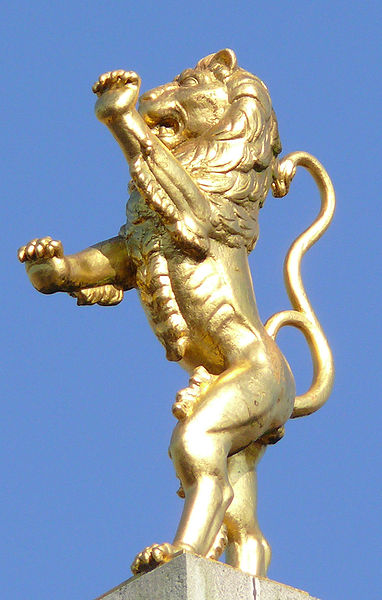There is a tendency on the right to deny the extent to which context, specifically the dynamic of power relations between groups, must be considered when evaluating cultural expression. The question is often asked why a seeming double-standard exists. For instance, why is it OK for atheists to promote themselves at the expense of Christians, while Christian attacks on atheist are deemed "intolerant"? Or why isn't it OK for a preacher to burn a copy of the Quran, when if a Muslim were to burn a bible, hardly anyone would notice.
Yet, context is so important. Atheist attacks on religion - while often tendentious - are just not going to be as hurtful to people because of the cultural context. If they were to attack religion in a reverse situation, where religion was in the small minority, a sense of threat and oppression would be much greater. Because they aren't, as an atheist I often find them refreshing, almost as a sort of venting process. For instance, when a black comedian makes fun of white people for a black audience, he's allowing them to feel bigger than they are for a moment, and experience a sort of freedom.
There's something here that is a strong piece of right-wing nationalism. It's this notion of majority/minority dynamics. In race and gender studies, the word "privilege" is often talked about. A key part of it is the insight that those in a dominant majority, or simply a dominant cultural position, tend to be blind to their own privilege. Thus, it is difficult for them to see how their assumptions and behavior don't apply to non-dominant groups.
Somehow, right-wing nationalism - almost better described as dominant-ism - is predicated on the denial of this context. There is a high sensitivity to the threat of diminishment. Michelle was maybe getting at this when she kept referencing Breivik's sense of emasculation. It is as though one's identity is so narrowly defined, so rigid, that seeing it as relative presents a serious threat. The right routinely talks about left-wing notions of relativism as being fascistic. (We should note the difference between culture as an artifact relative to time and place, and moral relativism's idea that there is no right and wrong. I'm speaking of the former).
The white, Christian male feels under attack. Yet he isn't really. What is under attack is a narrow and inflexible vision of that identity. Identity critique is assumed to be existential. So, take the founding fathers for instance. They were not perfect men. The original leftist critique of them was really a critique of the whitewashed image of them which was not only wrong, but advanced oppressive notions about American history and thus current and future reality.
I'm reminded of the story of the Emperor's New Clothes. His stubborn persistence in maintaining a deluded vision of himself is so great that he goes out in public stark naked, rather than admit to his flaws. We are all guilty of this of course. Any of us have found ourselves guilty of having pridefully deluded ourselves into a convenient myth-making. But right-wing nationalism seems to make an art out of this impulse.
"White pride", for instance, is an oxymoron. Unless you are so paranoid and deluded as to think that pride has somehow not been afforded you. "Black pride" or "gay pride" however, is a perfectly congruent articulation of the need to correct an historical position of disempowerment, and subsequent internalized oppression. The Emperor's New Clothes was a story about an emperor who did not grasp his own privilege, his haughty pride a parallel to his position. It would have made no sense to write a story about an underprivileged person. The Humble Fishmonger's New Clothes wouldn't make much sense.

No comments:
Post a Comment